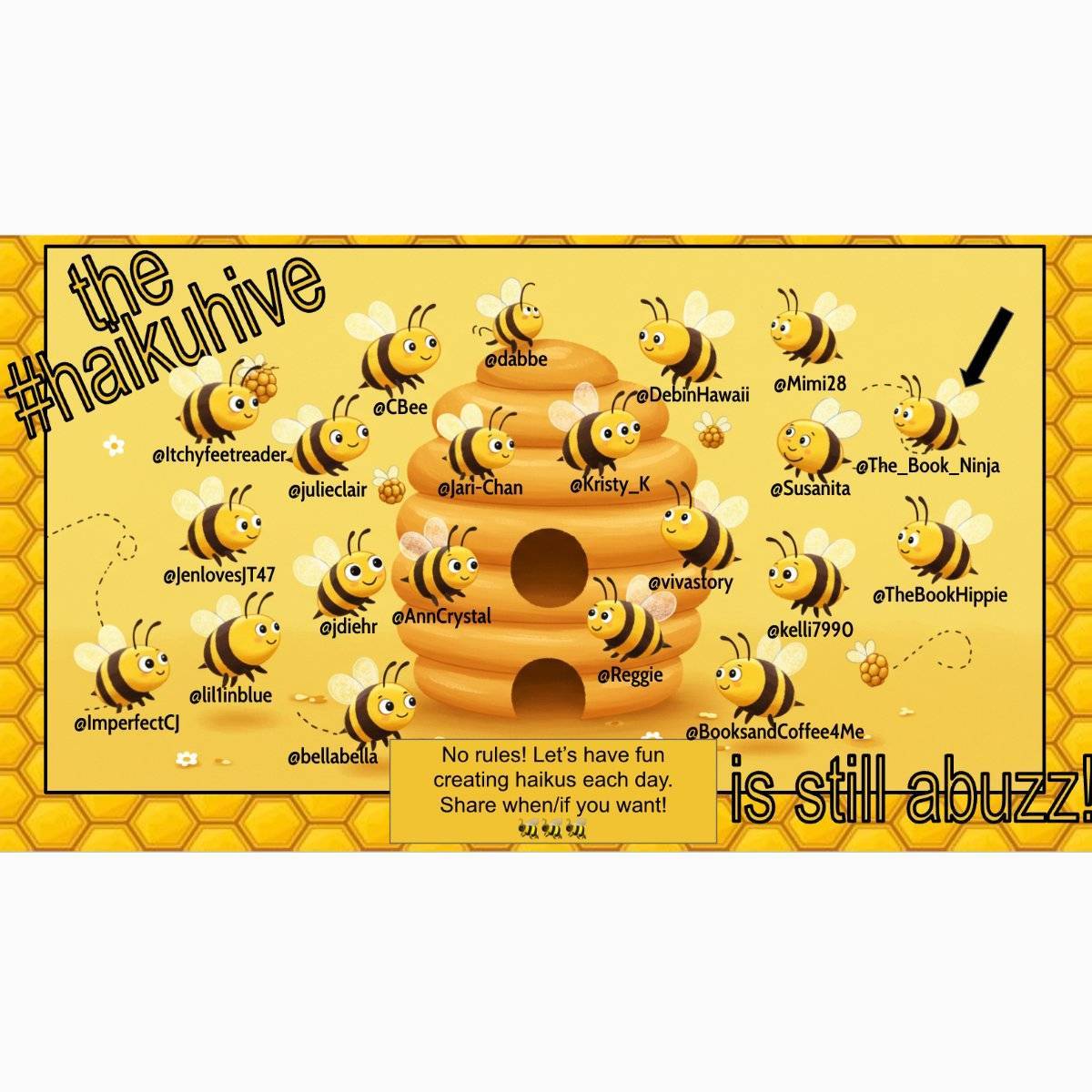
#haikuaday
#haikuhive
Hello, busy bees! Please welcome our newest member, @The_Book_Ninja! Be sure to add him to our buzzzzzzzzzzing list! 🖤🐝💛

#haikuaday
#haikuhive
Hello, busy bees! Please welcome our newest member, @The_Book_Ninja! Be sure to add him to our buzzzzzzzzzzing list! 🖤🐝💛
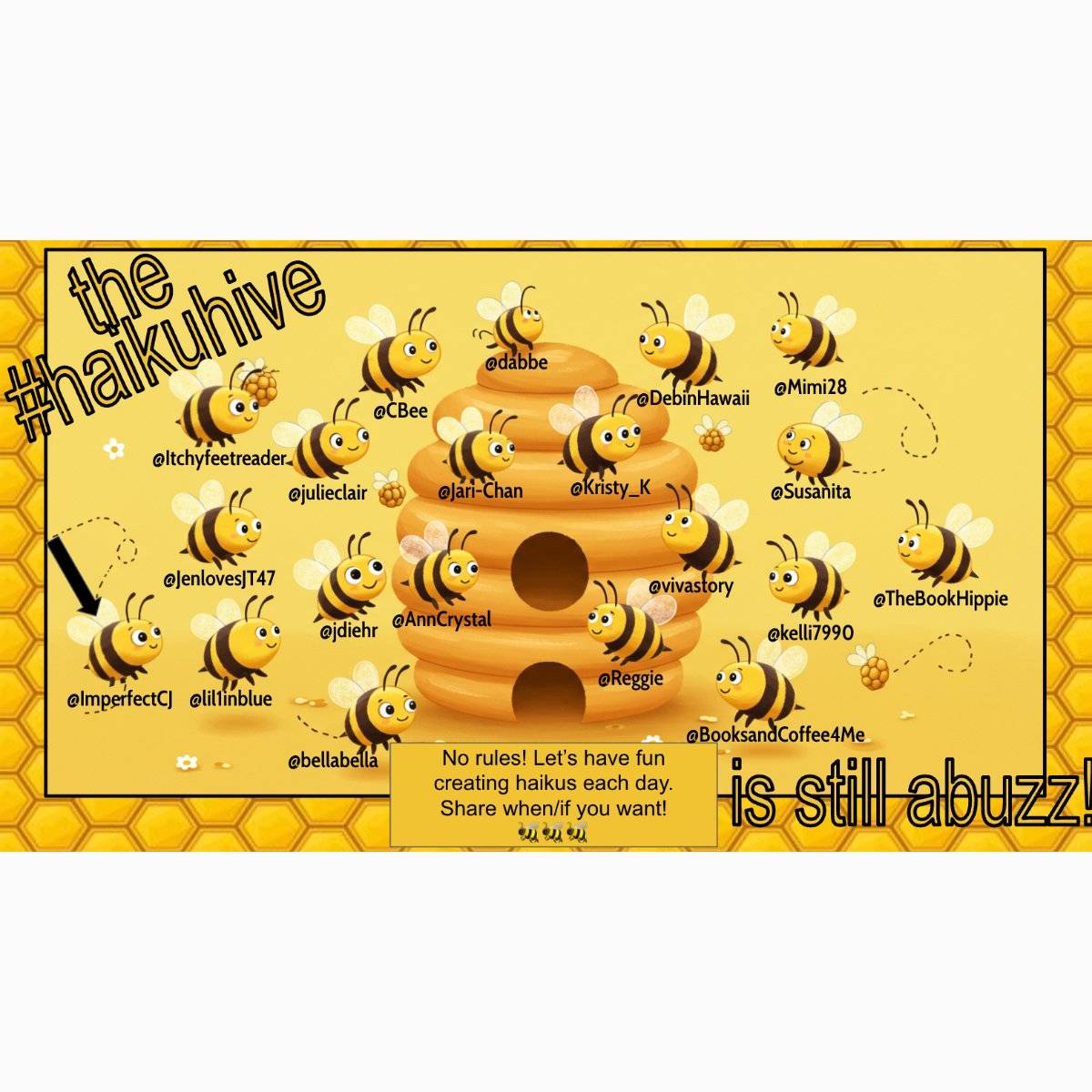
#haikuhive
#haikuaday
And we have a new member! Everyone, please welcome @ImperfectCJ to our busy hive! Please add Charity to your tag list! Looking forward to reading your haikus this July! What a joy they have been! 🖤🐝💛
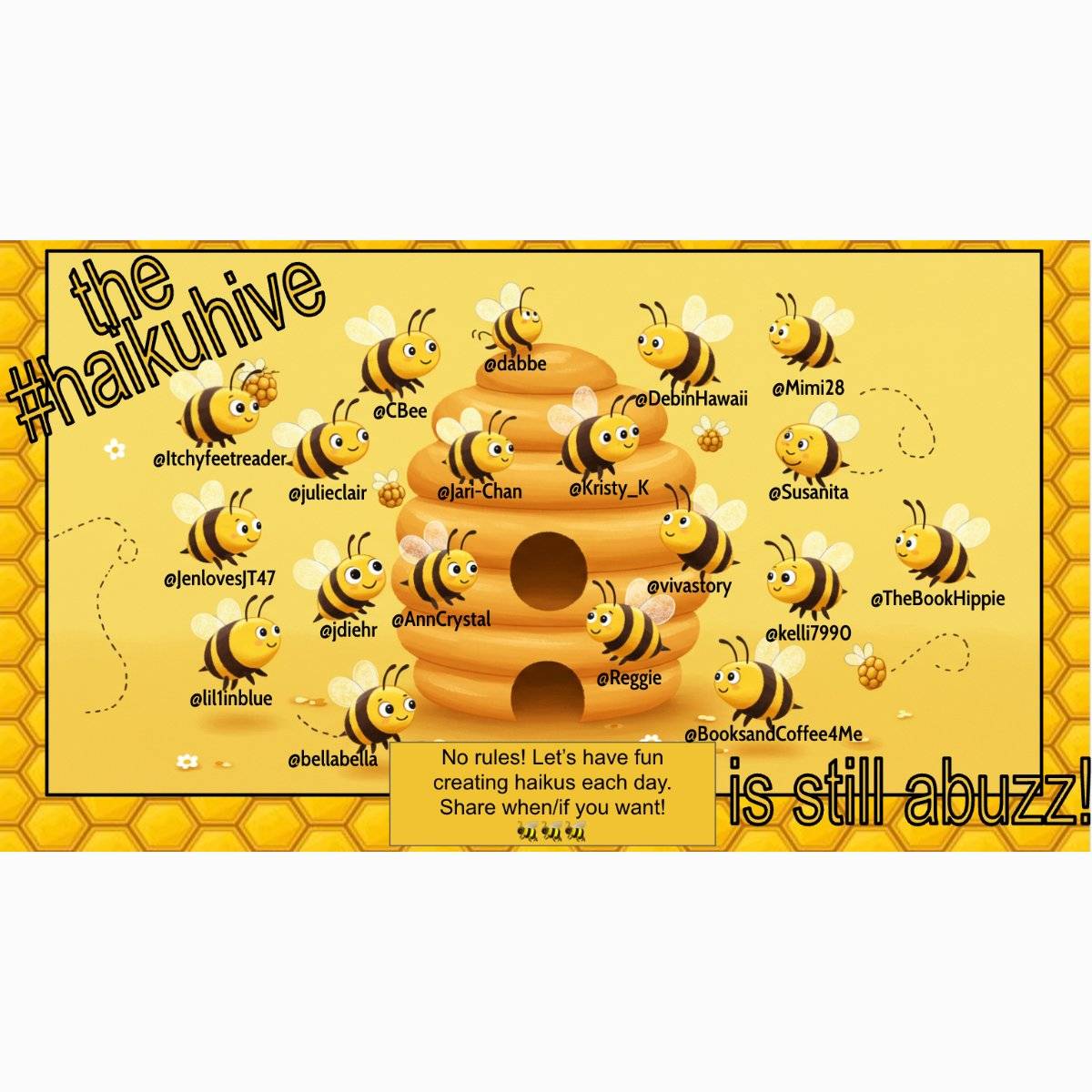
#haikuhive
#haikuaday
Hello, busy bees! Of course, we're continuing on in July! Anyone is welcome to join the hive and write/post haikus when you want! We're here to read, enjoy, and laud your words!
The hive has been updated with our most current members (see below), so please use this list when sharing your haikus to make sure we all see them! Happy haiku creating! 🖤🐝💛
Today, I posted my second haiku and I like haikus. They‘re fun. It didn‘t take me very long to write the one I just posted. The challenge seems to be with haiku trying to figure out what topics to write about and keeping it to just being 3 lines without ruining the structure of the haiku. Usually on #whatsnewwednesday when I‘m talking about what‘s going on with me, I have a lot to say.
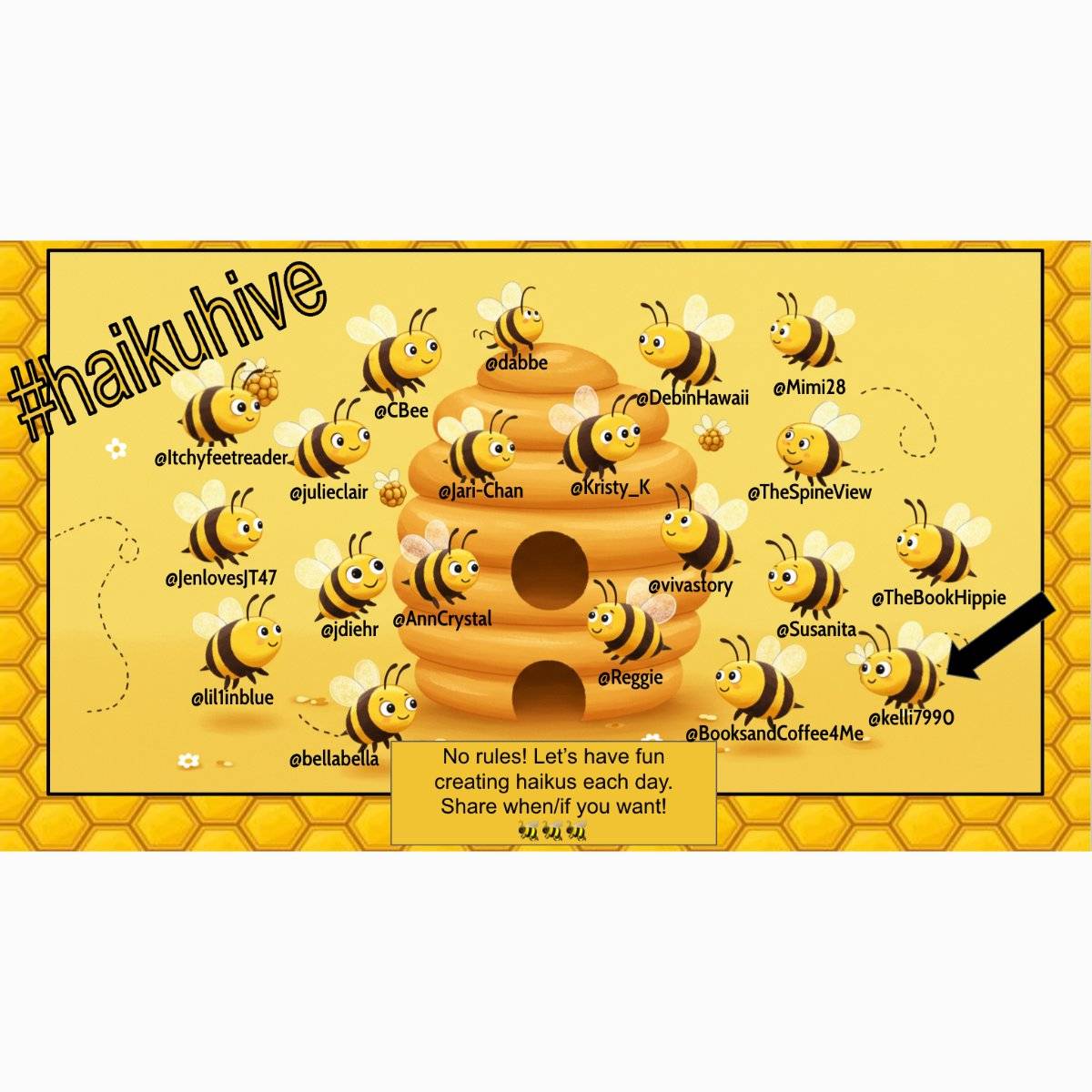
#haikuaday
Welcome to the @haikuhive, @kelly7990! We look forward to enjoying your haikus!

I‘m trying out haiku for the first time. I‘ve never written one before. This one is dedicated to Tom cat (the neighbor‘s cat). His owner named him Skye but we call him Tom or Tom cat. He was visiting us every day for months after my dog Toppy passed away but he doesn‘t visit anymore. This is a picture we took of him.
Tom cat doesn‘t visit my mom and I anymore.
We miss him. Where did he go?
Will he ever visit us again?
#haiku #haikuhive
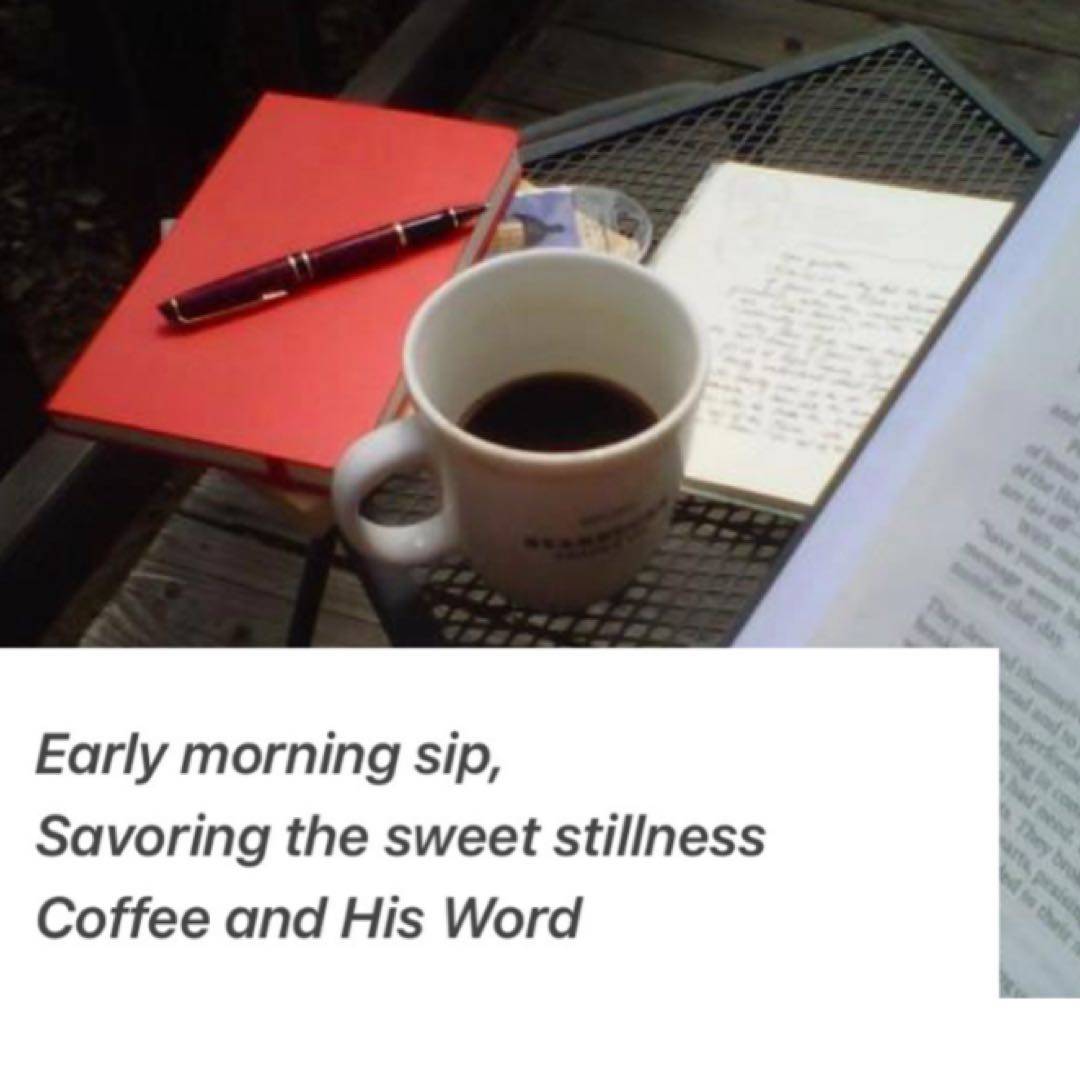
#Haikuhive #haikuaday #haiku
@dabbe @bellabella @TheBookHippie @TheSpineView @Kristy_K @JenlovesJT47 @lil1inblue @DebinHawaii @bellabella @julieclair @BooksandCoffee4Me @AnnCrystal @Reggie @Eggs @vivastory @jdiehr @CBee
Variation on an earlier haiku. Sort of cheating, I know. 😊
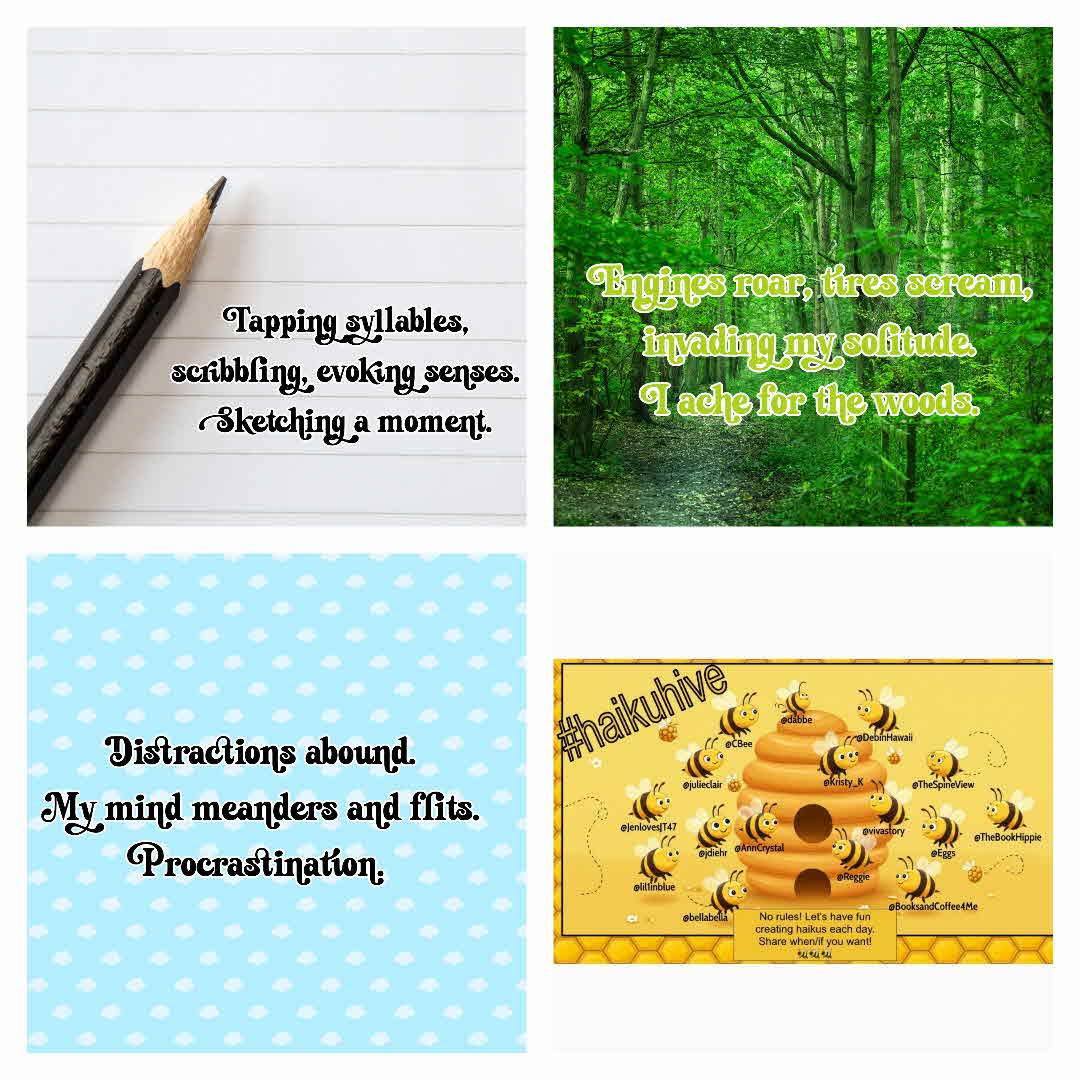
5/9, 5/10, 5/11/25
#haikuaday
#haikuhive
@dabbe
@thebookhippie
@thespineview
@kristy_k
@jenlovesjt47
@debinhawaii
@bellabella
@julieclair
@anncrystal
@booksandcoffee4me
@vivastory
@reggie
@cbee
@jdiehr

#haikuhive
#haikuaday
Hello, busy bees, creating haikus everywhere you please!
When you share, please tag all of us so we can toast
you and your gloriously-worded post.
Anyone can join in at anytime! 🐝🖤🐝
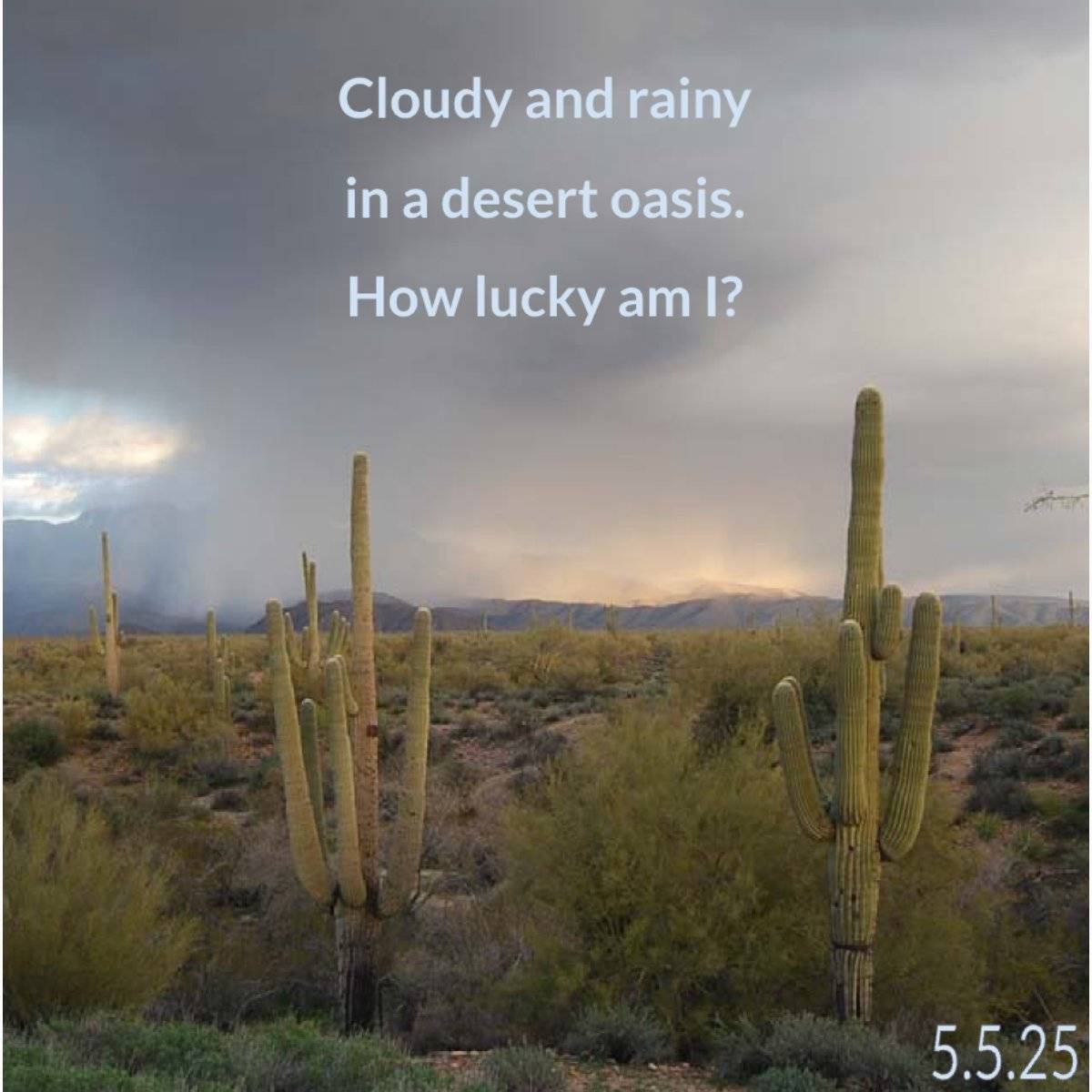
#haikuaday
5.5.25
@TheBookHippie @TheSpineView @Kristy_K @JenlovesJT47 @lil1inblue @DebinHawaii@bellabella
Unbelievable break in the weather this week. Our last cool hurrah! 🩵🌧️💙